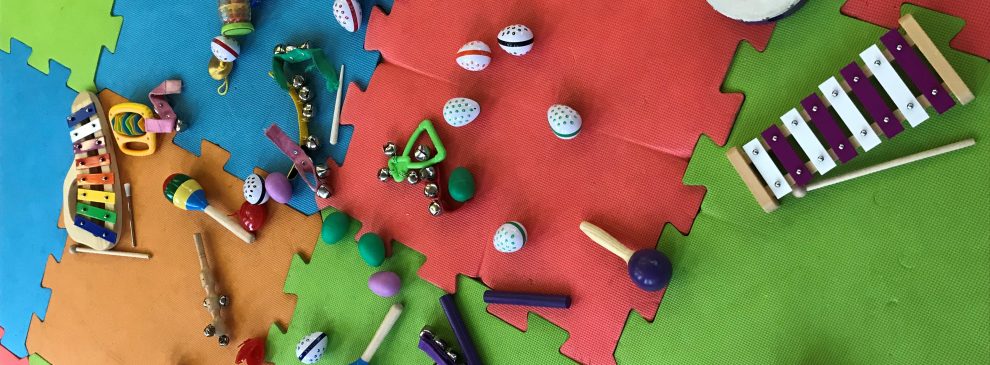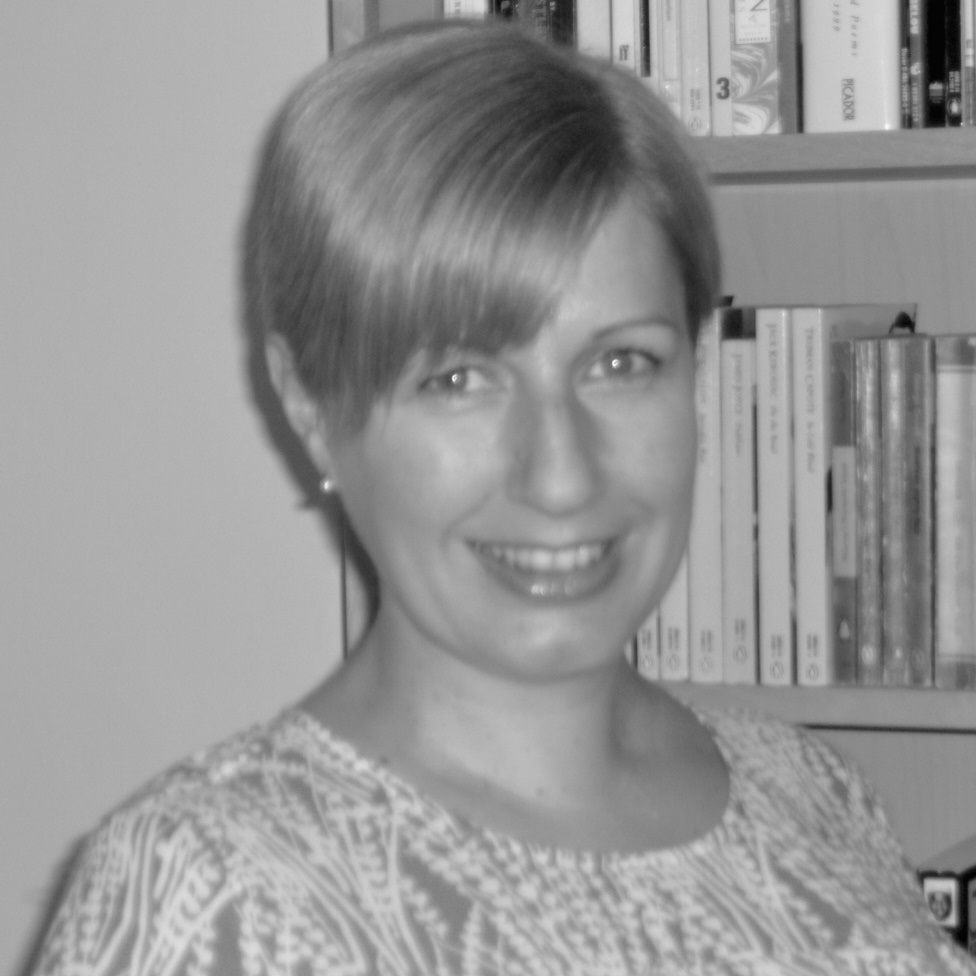We are family: Intergenerational connectivity and care through creative experiences
Added on Wednesday, April 6th, 2022
On Saturday, I got to spend the afternoon with some of our city’s youngest residents at the Katumba Culture Hub in Toxteth, living their absolute best lives on a huge play mat littered with tiny tambourines, maracas and xylophones, and playing musical statues with their new friends, professional musicians from Live Music Now (LMN). The musicians were keeping the little ones entertained as LMN colleagues worked with their Mums, women from the local Sudanese community, on co-creating original pieces of music together as part of the Lullaby project. I was lucky enough to be observing all this as LMN’s evaluation research partner, building the evidence base on Lullaby as an international music programme designed to support women’s perinatal mental health and early childhood development, originally pioneered by Carnegie Hall in New York some 10 years ago.
This is the second of three cohorts of women taking part in Lullaby in the North West, funded by the NHS Women’s Health and Maternity partnership, a network of 27 NHS organisations across Cheshire and Merseyside. It is running in parallel with another Lullaby programme in the Swansea Bay area, led by LMN Wales with funding from Arts Council Wales and delivered in collaboration with the Swansea Bay University Health Board and Flying Start, the Welsh government early years programme.
I have the pleasure of leading the evaluation of both programmes, working with Georgina Aasgaard, LMN professional musician and cellist with the Royal Liverpool Philharmonic, who has extensive experience of running music projects in mental health care settings. Georgina is a pre-Doctoral Fellow of the National Institute for Health Research, working with LMN to develop her practice as an arts-based researcher. We are also delighted to be collaborating with Dr Clare Maxwell from the School of Nursing and Allied Health at LJMU, and Sophie Tolley, Peer Support Worker for Cheshire and Wirral Partnership NHS Foundation Trust on the Specialist Perinatal Mental Health Team and one of the first participating mums in the North West Lullaby programme.
Throughout the evaluation, we are using mixed-methods to consider the impact of Lullaby on participating women’s subjective wellbeing, self-efficacy and agency; the impact on participating musicians’ professional wellbeing, job satisfaction and career development; and the value created for participating partner organisations and the local health and social care environment. Participant observation is proving to be an especially valuable method in enabling a nuanced consideration of the heuristic experience and value of music making and creativity in perinatal care for all those taking part and wider family members. Each Mum works in partnership with dedicated musicians to compose and record their lullabies, which are then performed together publicly at a cultural venue, where family and friends get to hear them, usually for the first time. I am still thinking about one such performance I attended in Port Talbot in early March. The impact of the project was palpable, especially for the younger mums referred by Flying Start and just as significantly, their mums who were there in support. It feels unique to consider the impact of a creative project on three generations (babies included!) of the same family.
In my current work, I also have the opportunity to consider the intergenerational qualities and impacts of cultural engagement across the life course. This is in large part thanks to my ongoing collaboration with National Museums Liverpool (NML) on the international dementia awareness programme, House of Memories. I am currently working with NML to evaluate the Connecting with Yemeni Elders Heritage project, funded by the Esmée Fairbairn Collections Fund, which involves the co-creation of a digital Yemeni heritage collection as part of the House of Memories programme. The project started with a conversation between NML and a young person from Liverpool’s Yemeni community, Abdul, who was looking for resources to support the care of his Grandmother who is living with dementia. Abdul contacted NML after discovering House of Memories and seeing its value but realising that it would not necessarily resonate with his family due to its emphasis on western culture and social history. The project has since engaged more young people and Abdul’s peers to create a dual-language (Arabic and English) version of the My House of Memories app using objects collected and photographed within the community.
Young people have been involved in various activities at different stages of the project. This includes digital collection development for the app in collaboration with Liverpool Arabic Centre and the Al-Ghazali Centre; volunteering at the Yemeni Culture Day, an incredible event held at the PAL Multicultural Centre as part of the project in September 2021; and advising on the development of a project toolkit during a special workshop at The Studio School in February. Next stages of the project include testing the app with elder members of the community before its launch in the summer, again in collaboration with local centres. Our evaluation is exploring the impact of the programme on intergenerational connectivity in the Yemeni community; the developing relationship between museums and community groups, including experiences of trust, equality and empowerment; and the personal and professional developmental experiences of participating young Yemeni people in relation to skills, confidence, interest in museum and heritage work and occupational aspirations. The research is also enabling deeper learning on the philosophy and practice of intergenerational care in the Yemeni community, and how this can be supported through cultural heritage programmes.
Both research projects are highlighting the value of formative programme evaluation that is an embedded part of the process from the beginning, and I am especially grateful to all project partners for their progressive and inclusive approaches. There is a true spirit of collaboration across both projects, helped enormously by the integral contributions of Georgina from LMN and Miriam Alhanshali, NML’s brilliant project manager. I have written before about how much I personally value the partnerships developed through my work at the institute, in my capacity as a Collaborations Champion for the National Centre for Academic and Cultural Exchange. When thinking about intergenerational connectivity and care, it is especially nice to be part of projects where different forms of experience and expertise, across generations, cultures and professions, are valued equally.









